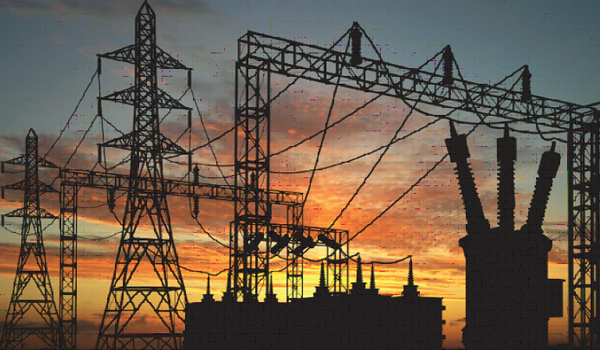ISLAMABAD: Poor governance in power distribution companies (DISCOs), characterized by inefficiency, has resulted in an increase of Rs 396 billion in circular debt during the fiscal year 2022-23.
The high losses have added Rs 160 billion whereas less recovery of electricity bills added Rs 236 billion to circular debt during the financial year 2022-23.
The power regulator has also recommended a forensic audit to hold staff accountable, ensuring transparency and efficiency in the distribution network.
According to Industry Report 2022-23 released by National Electric Power Regulatory Authority (NEPRA), the power regulator said that most Distribution Companies (DISCOs) failed to meet Transmission and Distribution (T&D) loss targets, leading to a significant burden on Circular Debt.
PESCO, TESCO, and SEPCO are among the entities with notable losses, contributing to an additional Rs. 160.49 billion in Circular Debt.
According to Nepra report, PESCO contributed Rs 77.35 billion to the Circular Debt.
PESCO contributed Rs. 77.3 Billion loss, LESCO Rs 21.9 billion, MEPCO Rs 7.9 billion, Hesco Rs 15 billion, Sepco Rs 20.38 billion, Qesco Rs 21.21 billion.
Circular Debt Reaches Rs. 2.31 Trillion
As of June 30, 2023, power regulator said that circular debt surged to Rs. 2.309 trillion from Rs. 2.252 trillion in FY 2021-22.
Current defaulters owe around Rs. 900.821 billion, posing a significant challenge. The government needs to address this by ensuring timely subsidy payments and exploring innovative solutions to minimize losses,” power regulator said.
Less Recoveries Contribute to Rs. 236 Billion Additional Burden
The recovery rate in FY 2022-23 stood at 92.4%, resulting in an additional Rs. 236 billion added to the Circular Debt.
The power regulator said that government, as the owner of DISCOs, should consider outsourcing recovery tasks and focus on addressing inefficiencies to curb Circular Debt accumulation.
Mounting Receivables and Transparency Concerns
Receivables for DISCOs rose to approximately Rs. 1,727,104 million in FY 2022-23.
Concerns about potential billing manipulation highlight the need for transparent billing and collection practices.
The regulator recommended that committees with independent professionals should be established to ensure accurate receivables.
Load-Shedding Based on AT&C Losses Condemned
The power regulator also condemns load-shedding based on AT&C losses and urges DISCOs to focus on resolving inefficiencies rather than resorting to arbitrary reductions.
The power regulator has also recommended a forensic audit to hold staff accountable, ensuring transparency and efficiency in the distribution network.
Pending Connections Impact Grid Integration
DISCOs failed to provide new connections as per PSDR 2005, leading to a substantial backlog of connections.
Accountability measures, including penalties for negligence and rewards for exemplary performance, are necessary to address this issue.
Safety Concerns Lead to Fines and Investigations
In FY 2022-23, 163 fatalities were reported in DISCOs. Comprehensive investigations resulted in fines, compensation to bereaved families, and directives for safety improvements. Grounding of poles/structures and a focus on safety are essential to prevent accidents.
Private Sector Involvement Recommended
To address challenges in DISCOs, the power regulator has recommended to involve the private sector.
Governance issues and inefficiencies contribute to the circular debt, and concerted efforts are needed to improve DISCOs’ performance.
Investment and Advanced Metering Infrastructure (AMI) Initiatives
The Authority has sanctioned a five-year investment plan of Rs. 375 billion for IESCO, LESCO, and FESCO.
The installation of Advanced Metering Infrastructure (AMI) is encouraged to enhance real-time monitoring and improve efficiency.
Balancing Energy Charges and Capacity Charges
The report highlights the need to balance energy charges and capacity charges to reduce the impact on consumers.
Retiring outdated generation capacity and considering new capacity induction after thorough analysis are essential for cost reduction.
The State of Industry Report underscores the imperative for reforms and comprehensive strategies to address the challenges in the electricity sector and ensure sustainable growth.
























